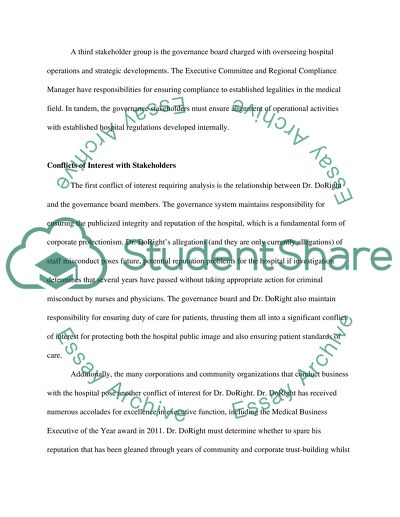Cite this document
(“Corporate Governance and Ethical Responsibility Research Paper - 2”, n.d.)
Corporate Governance and Ethical Responsibility Research Paper - 2. Retrieved from https://studentshare.org/law/1467446-corporate-governance-and-ethical-responsibility
Corporate Governance and Ethical Responsibility Research Paper - 2. Retrieved from https://studentshare.org/law/1467446-corporate-governance-and-ethical-responsibility
(Corporate Governance and Ethical Responsibility Research Paper - 2)
Corporate Governance and Ethical Responsibility Research Paper - 2. https://studentshare.org/law/1467446-corporate-governance-and-ethical-responsibility.
Corporate Governance and Ethical Responsibility Research Paper - 2. https://studentshare.org/law/1467446-corporate-governance-and-ethical-responsibility.
“Corporate Governance and Ethical Responsibility Research Paper - 2”, n.d. https://studentshare.org/law/1467446-corporate-governance-and-ethical-responsibility.


